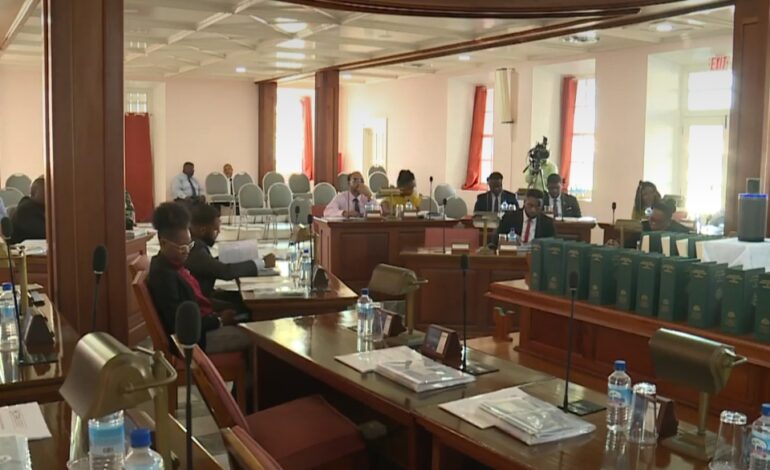
| Sri Lanka has announced the successful completion of its domestic ratification process for the Comprehensive Nuclear-Test-Ban Treaty (CTBT). The declaration was made on 6 June, following the approval of the Treaty by the Cabinet of Ministers after an official visit by Comprehensive Nuclear-Test-Ban Treaty Organization (CTBTO) Executive Secretary Robert Floyd. “This announcement demonstrates Sri Lanka’s absolute commitment to the CTBT, as well as its active engagement in fostering peace and security for present and future generations,” said Floyd. He further emphasised, “Through this move, Sri Lanka is contributing to the momentum towards a world free from nuclear testing – a cause that resonates at the heart of the Sri Lankan people.” The CTBTO head thanked President Ranil Wickremesinghe, whom he met, and all the officials who made vital contributions to the process, in particular, Foreign Minister Ali Sabry, Foreign Secretary Aruni Wijewardane, and the Permanent Representative of Sri Lanka to the CTBTO in Vienna, Majintha Jayesinghe. During his recent visit to Colombo, Floyd also met with Environment Minister Naseer Ahamed, Secretary of the Ministry of Defence, General Kamal Gunarante and Ravirajasinghe Sanjeepan, the Chairman of the Geological Survey and Mines Bureau (GSMB) of Sri Lanka. GSMB is the National Data Centre (NDC), which acts as the focal point for data transmission between the CTBTO’s International Data Centre (IDC) and Sri Lanka’s authorities. During his exchange with the NDC staff and the personnel operating Sri Lanka’s auxiliary seismic station AS100 in Pallekele, the head of CTBTO commended the technical teams for their passion and expressed a commitment to strengthen cooperation through capacity building and training – particularly for women and youth. Background The CTBT bans all nuclear test explosions everywhere, by everyone, and for all time. Adherence to the Treaty is nearly universal, with 186 State Signatories and 177 ratifying states. However, to enter into force, the Treaty must be ratified by all 44 States listed in its Annex 2, for which eight ratifications are still required. The CTBTO has established an International Monitoring System (IMS) to ensure that no nuclear explosion goes undetected. Currently, 303 certified facilities – of a total of 337 when complete – are operating around the world. The data collected by the IMS can also be used for a wealth of civil and scientific purposes, including disaster mitigation such as earthquake monitoring and tsunami warning, as well as research into fields as diverse as whale migration, climate change and the prediction of monsoon rains. |










